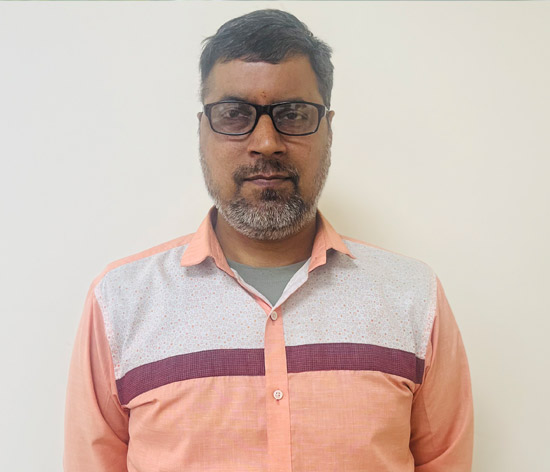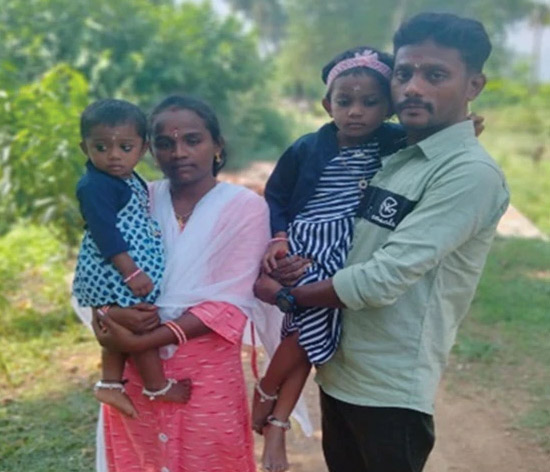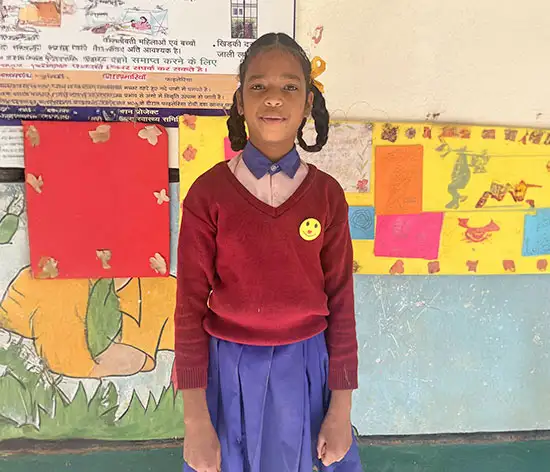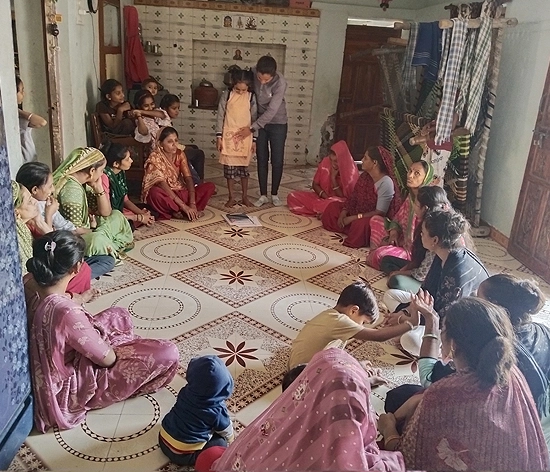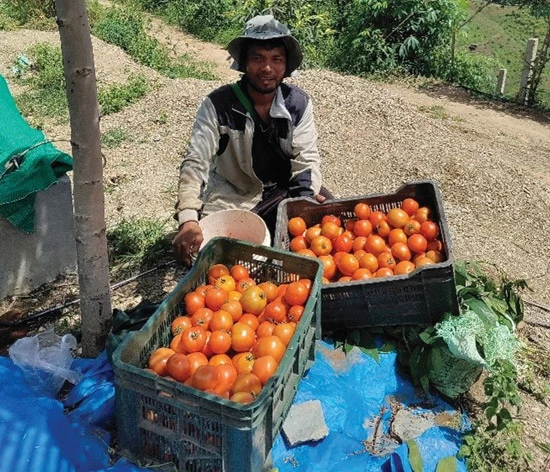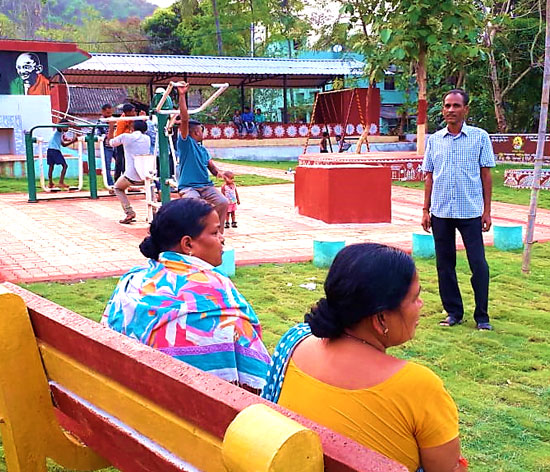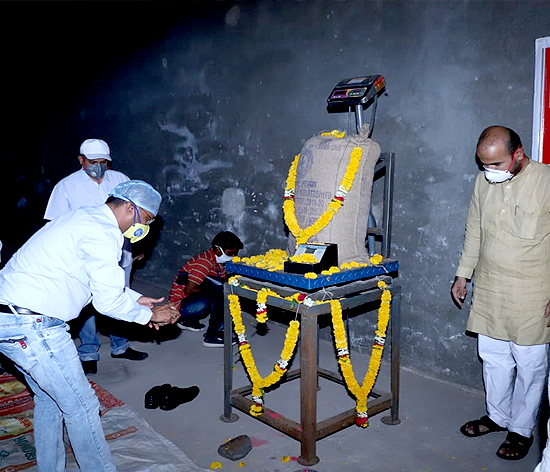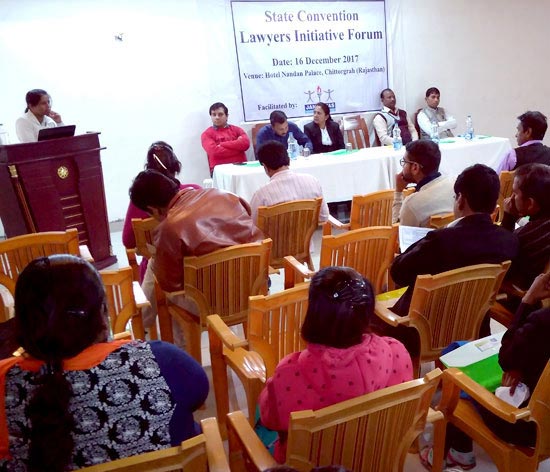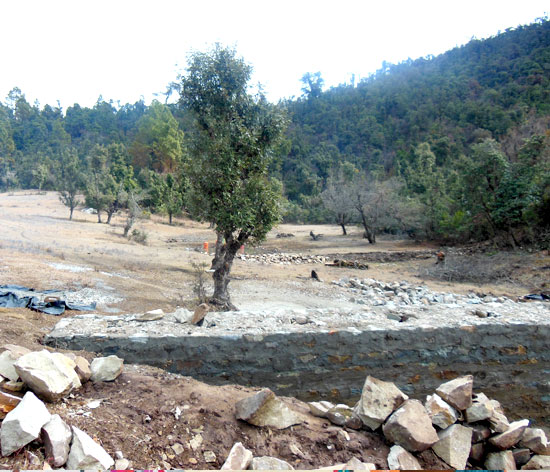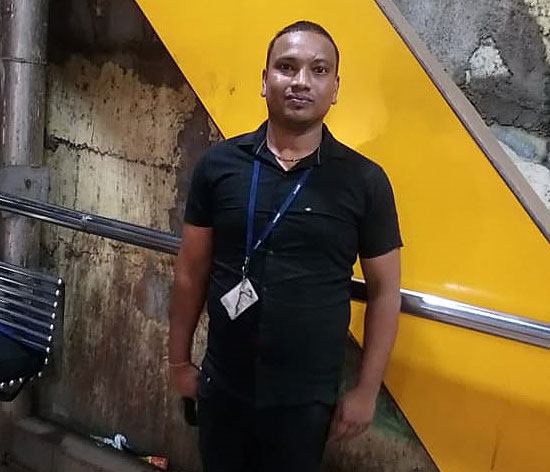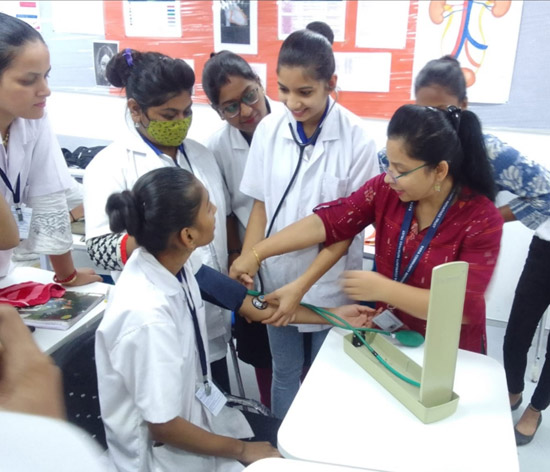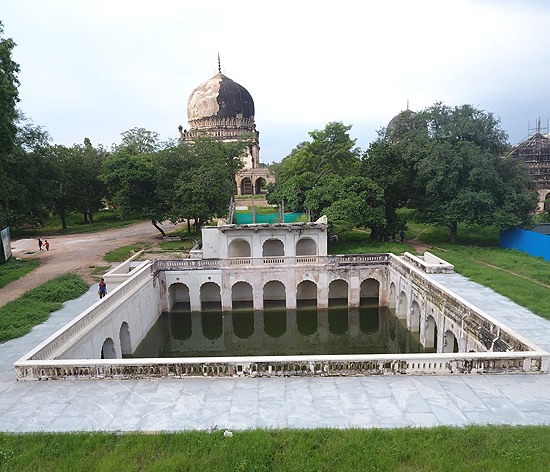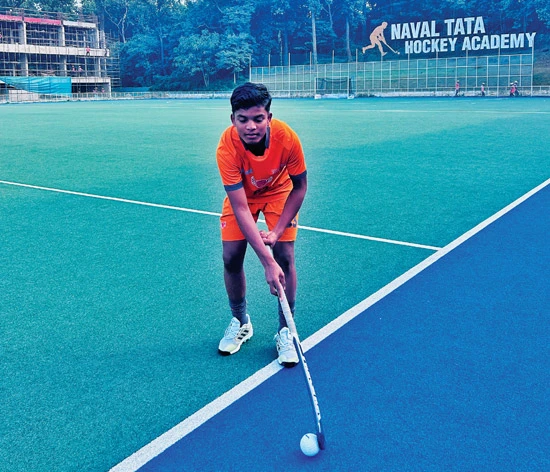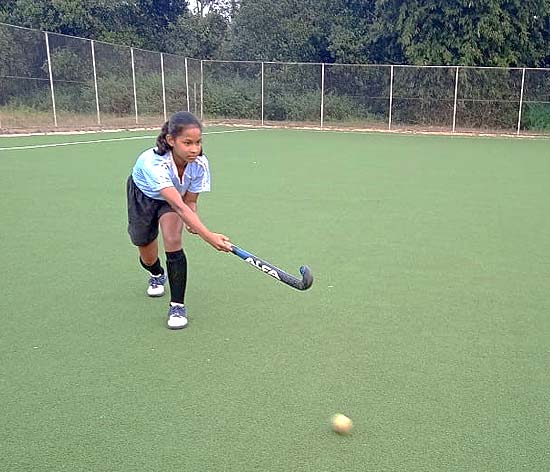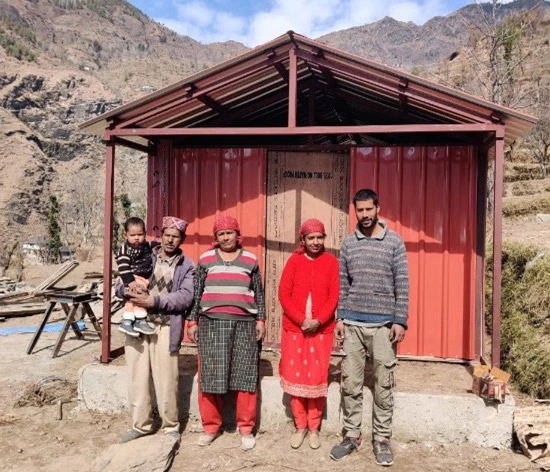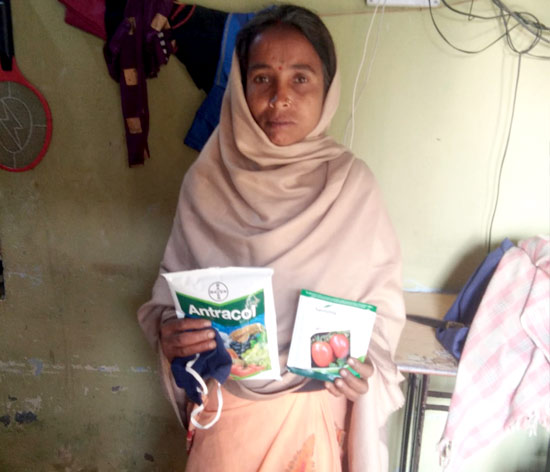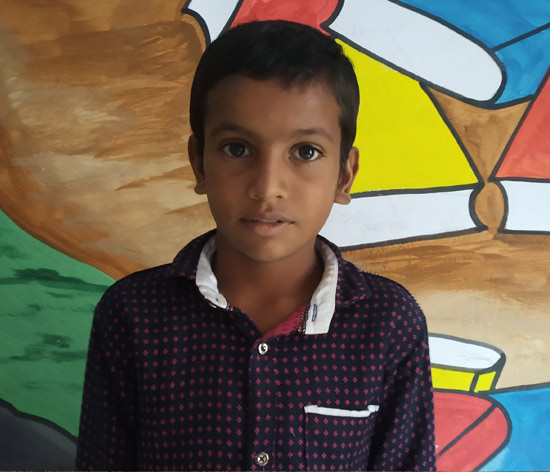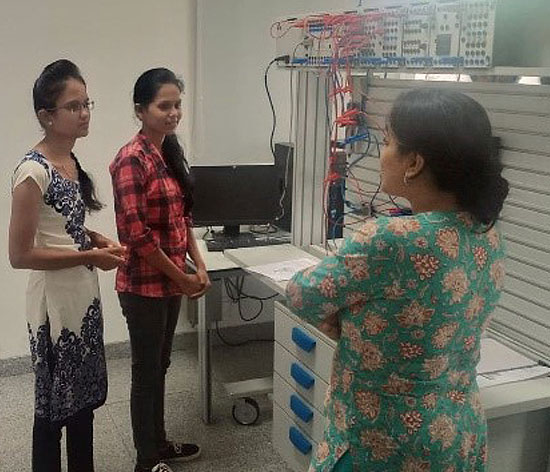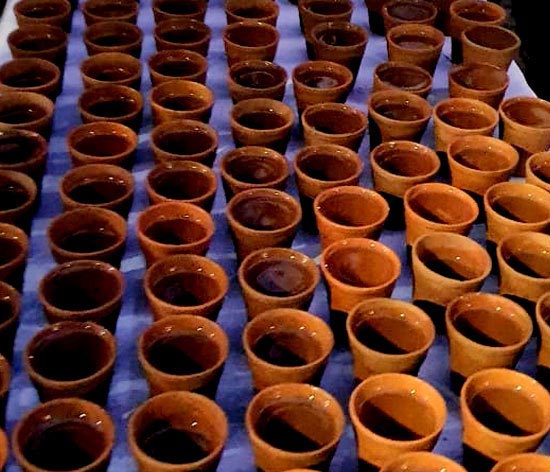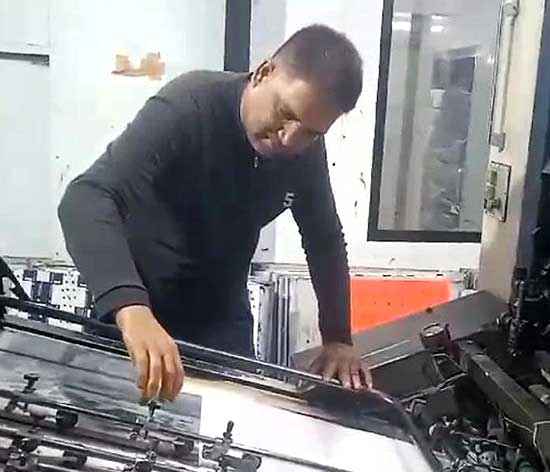Impact stories
Read all stories-
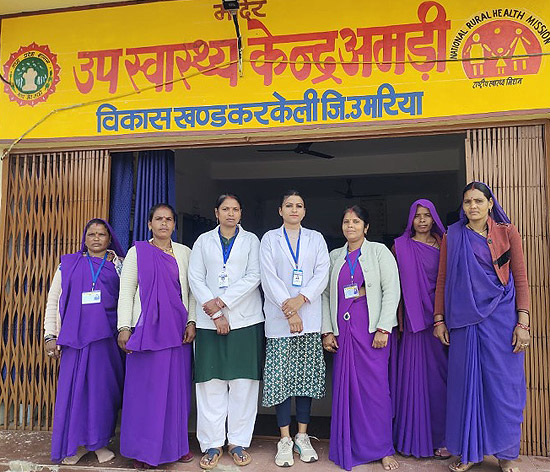
Supporting Grassroot Healthcare Workers
Pratima Singh, a Community Health Officer, has led a healthcare transformation in Amdi, Madhya Pradesh, by achieving National Quality ...
-
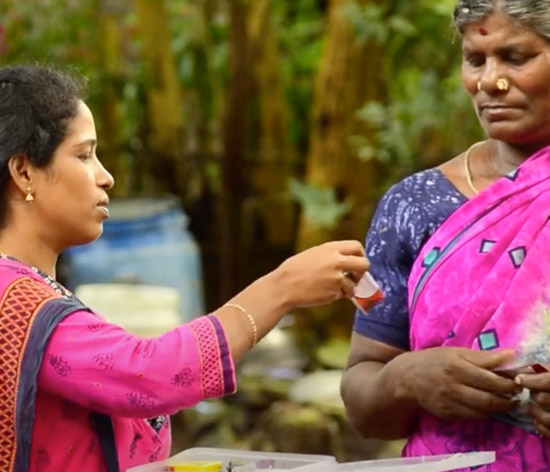
Rewriting the Narrative in Ganesh’s Story
Four years after an accident left him paraplegic, Ganesh, a resident of Puducherry, has regained confidence in life, ...
-
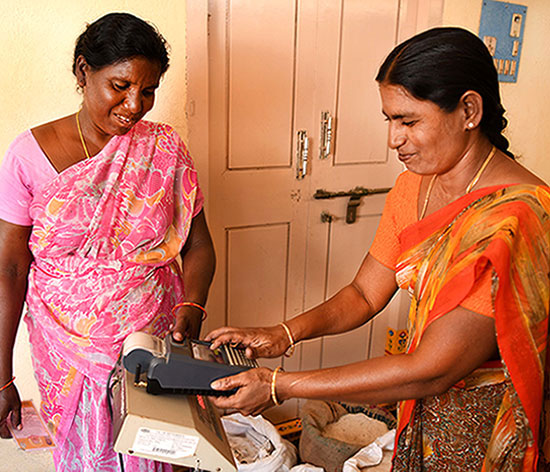
Tackling ‘hidden hunger’ in Andhra Pradesh
Tata Trusts’ rice fortification programme is bridging key nutrition deficiencies in Andhra Pradesh
-
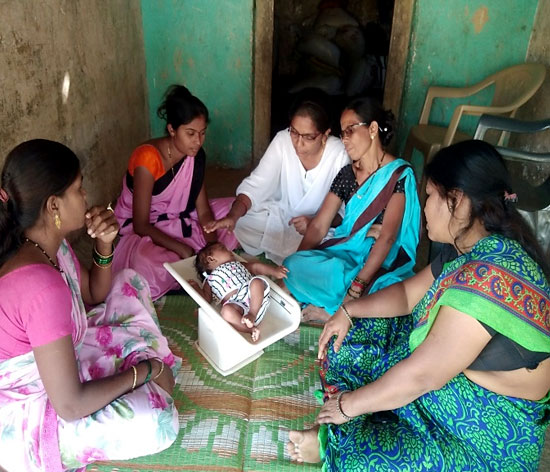
AAA warriors unite to combat malnutrition
Anganwadi workers, accredited social health activists and auxiliary nurse midwives — these are the AAA team whose concerted efforts ...
-
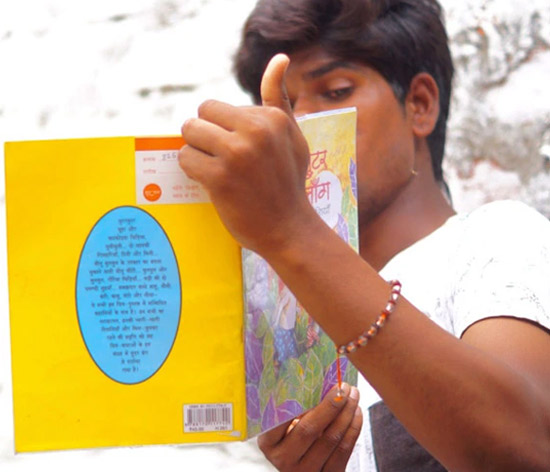
Awakening Critical Thinking in Young Minds
Students in Daman, Diu and Dadra and Nagar Haveli are discovering a newfound love for books after a Tata ...
-
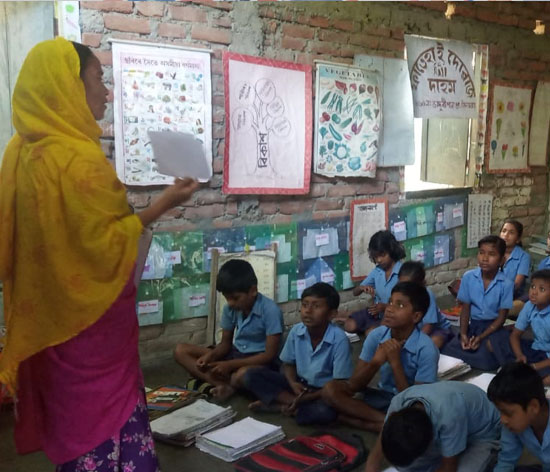
Bringing children back to school in Assam
An educational intervention by the Tata Trusts ensures that nothing comes in the way of children in Assam completing ...
-
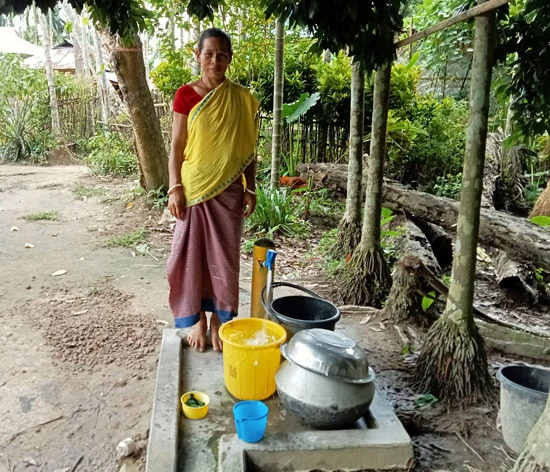
Iron Out, Health In: The Iron Treatment Plant Brings Safe Water to Biswarani
What once was a daily concern for Mina Rani Debbarma—access to safe water—is now a thing of the past. ...
-
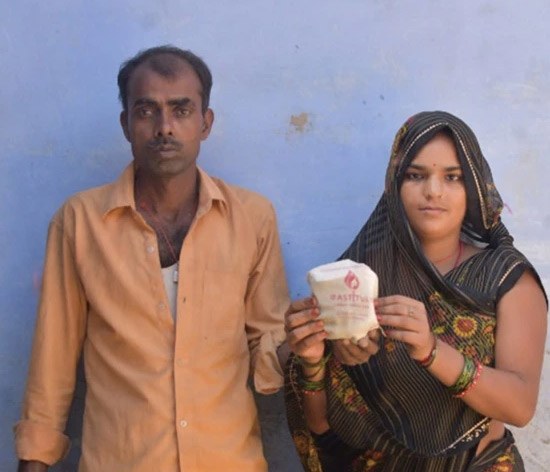
Advancing Menstrual Health in Rural Sasna
From ignorance to awareness, Gopal’s journey began when his wife Sheela’s silent struggles with menstrual health prompted him to ...
-
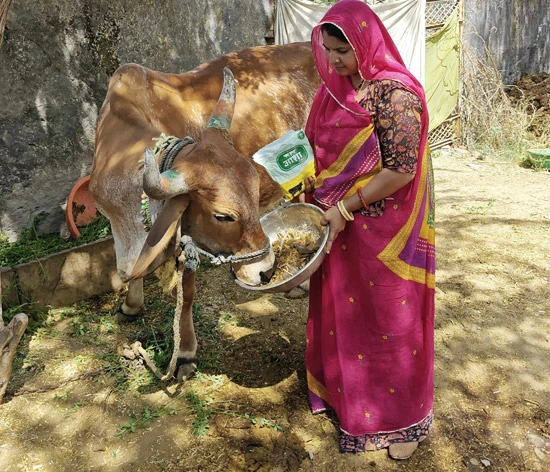
Hope springs anew for marginal dairy farmers with ‘Asha’
Dairy farmer Sarita Kunwar has a higher income and healthier cattle after joining the Asha Mahila Milk Producer Company, ...
-
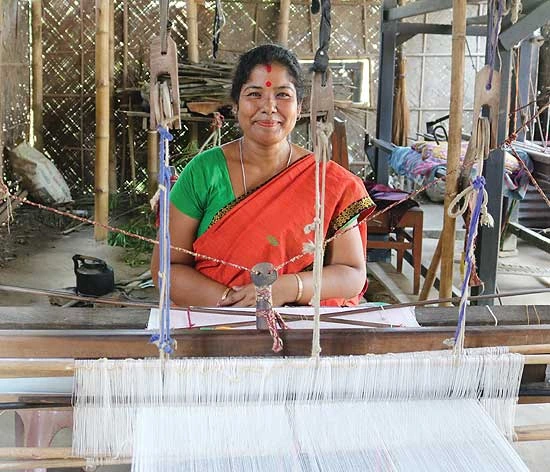
Weaving the Tapestry of Transformation
Pratibha Kalita has leveraged the technical, design and business training provided by the Antaran initiative to set up her ...
-
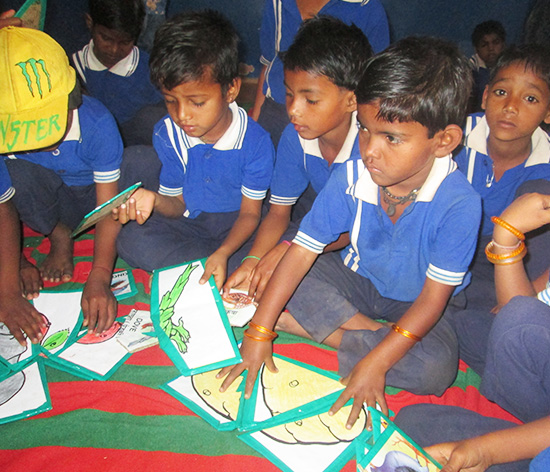
Quality of life improves one brick at a time
Mothers, infants and children at Rajasthan’s brick kilns access health services, meals and care through Tata Trusts’ Udaan Kendras
-
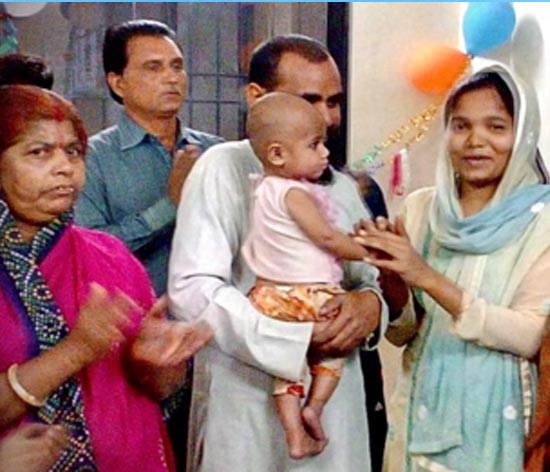
A sanctuary for the homeless
The Tata Trusts’ Urban Habitat portfolio, with the Surat Municipal Corporation, under the National Urban Livelihood Mission, is enabling ...
-
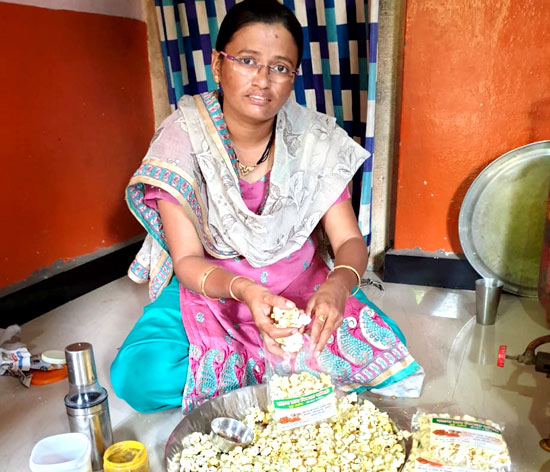
A friend to Asiya, the determined entrepreneur
The Internet Saathi initiative gave Asiya the confidence to diversify her little business on the Internet
-
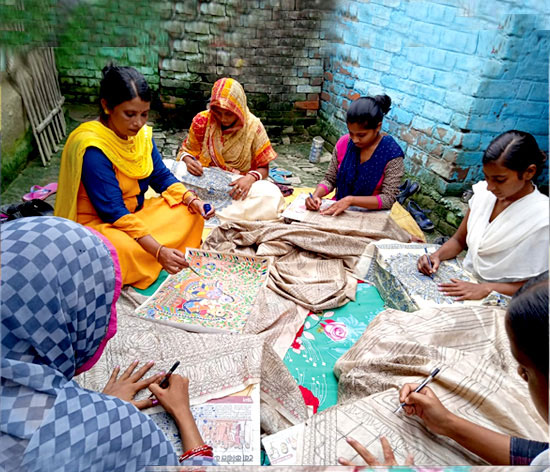
From village to the world wide web
Ragini Kumari learns to sell her Mithila paintings online, a first for her village, and inspires women to break ...
-
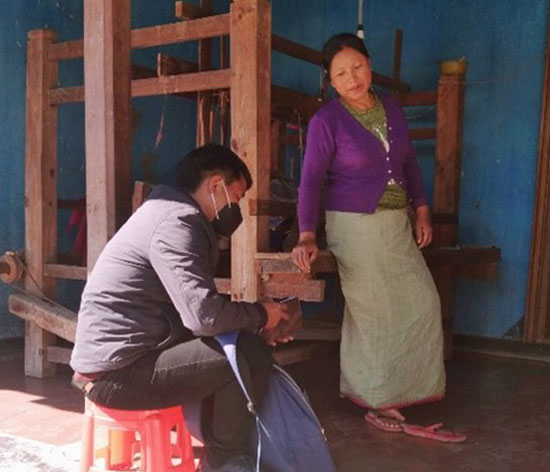
Sustainable alternatives for brighter futures
A Tata Trusts project in Manipur is enhancing economic growth through renewable energy
-
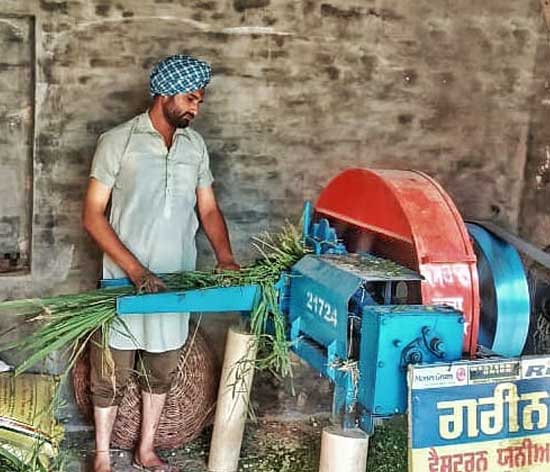
Straw tales: How crop residue management turns stubble into a valuable input
Air pollution, soil health and farm labour – the Happy Seeder initiative provides solutions to all three challenges
-
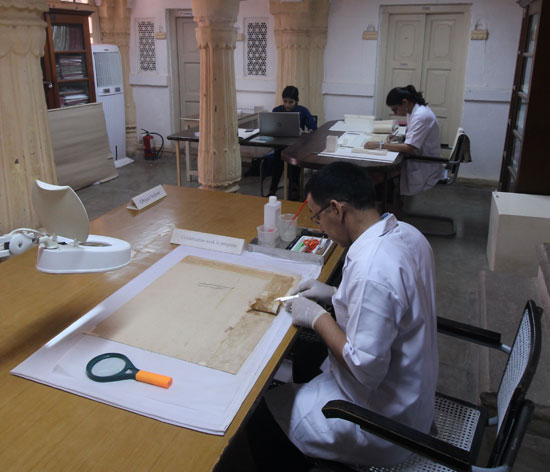
Evolving the field of art conservation
Preserving cultural heritage is a challenging task, one that requires more than just passion.
-
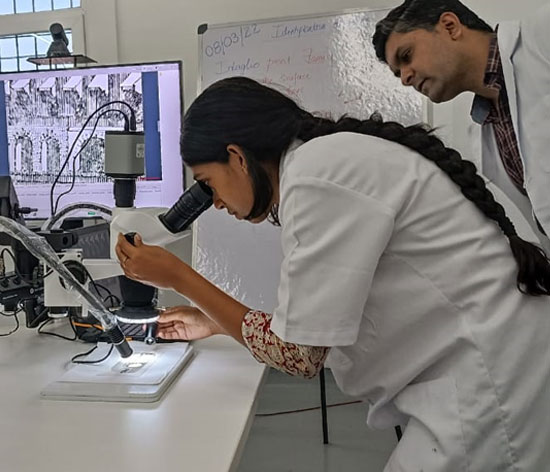
Training course in Conservation of Paper: Prints, Drawings and Maps
With the completion of the course, the five participant-conservators embark on internships to apply their newly acquired skills
-
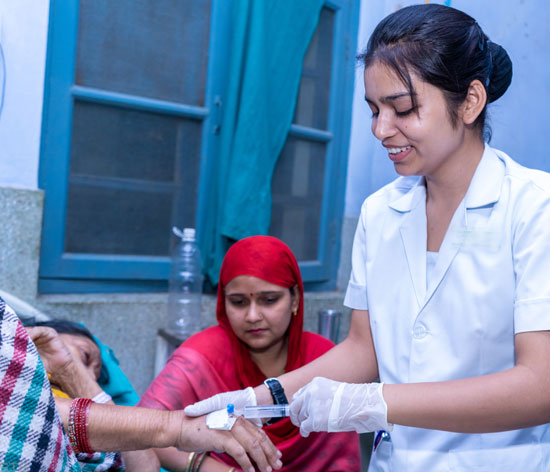
Lending a helping hand in medical emergencies
Access to healthcare can be a challenge for families with limited means. Tata Trusts helps such patients avail of ...
-

Recognising the best and most gifted students
The JN Tata Endowment has been recognising and awarding the best and brightest students for 130 years, many of ...
